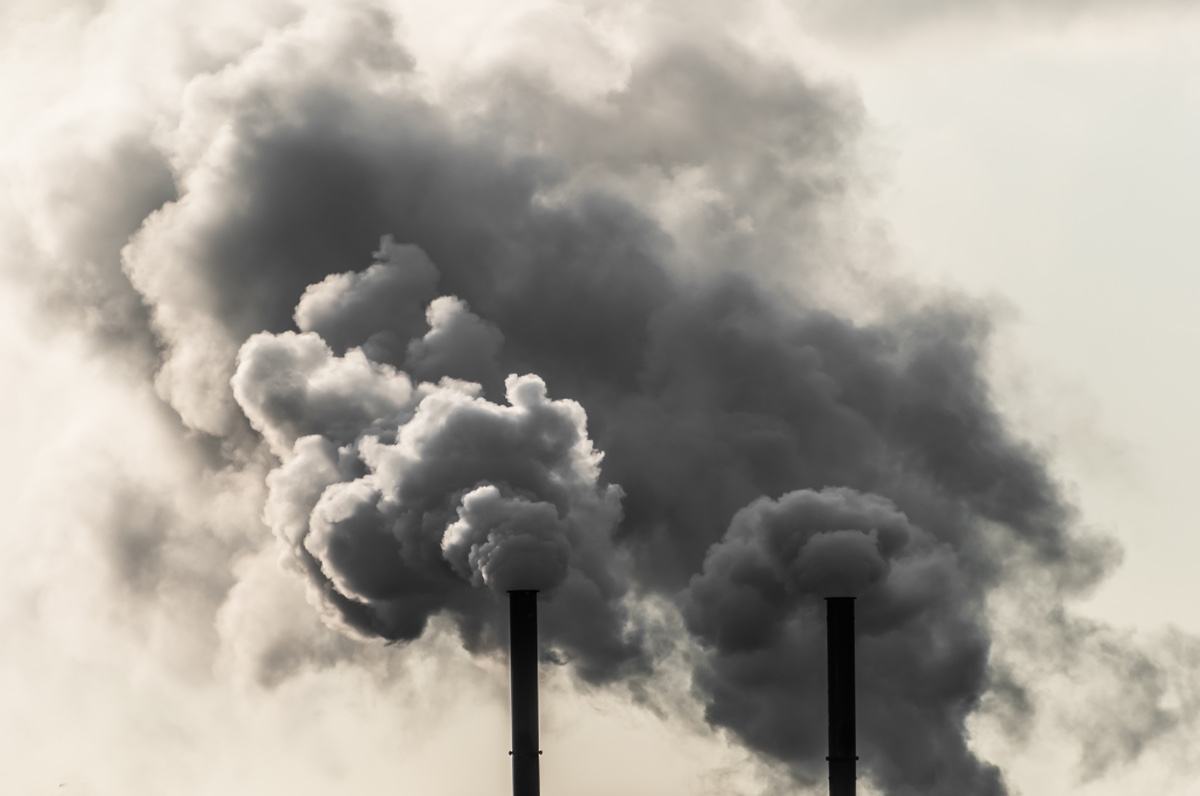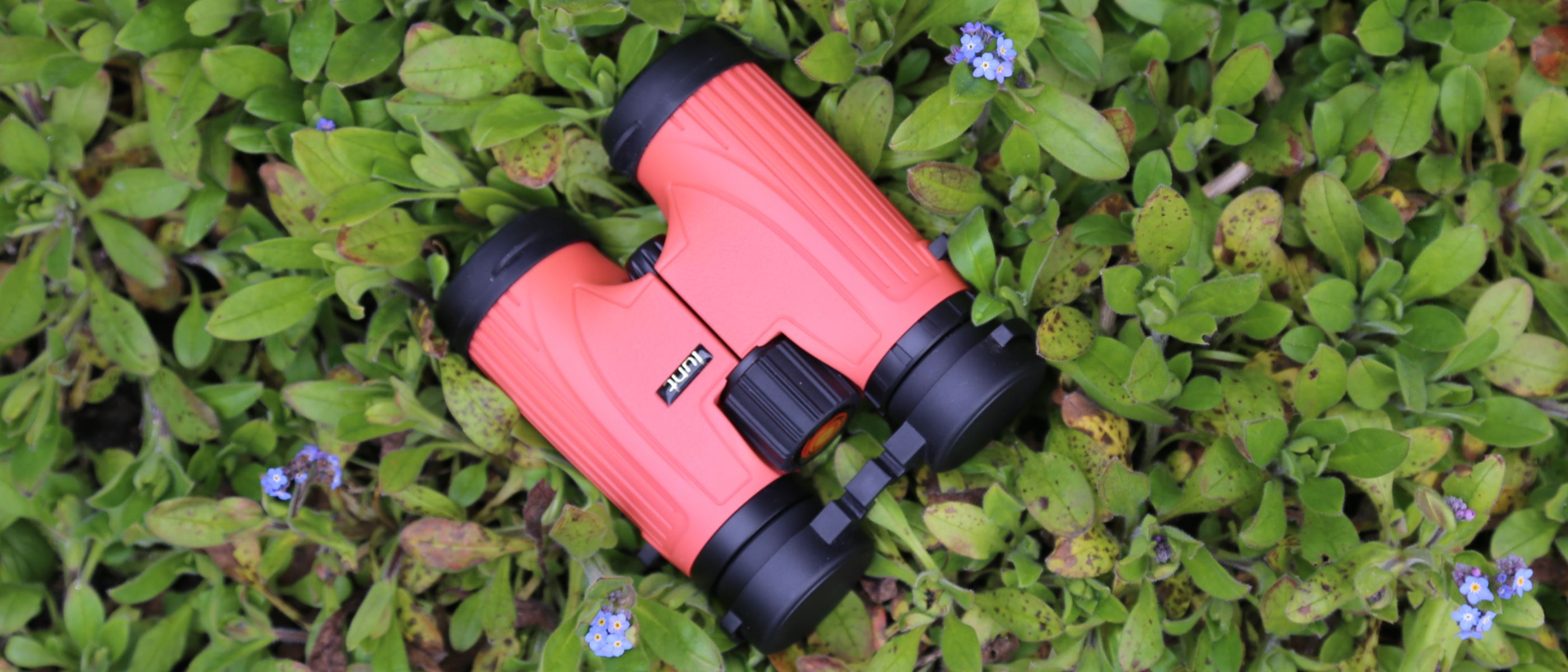Air pollution levels will bounce back as COVID-19 restrictions loosen, scientists say
"COVID has made clear the health inequities that we face and I hope we can move towards a more fair and just society with less pollution."

Smog has cleared as people stay inside and factory production is halted, but it won't last.
Air pollution has drastically decreased around the world as people stay home during the COVID-19 pandemic. However, as lockdown restrictions loosen and regular activity resumes, studies are showing not only that emissions will return, but also that greenhouse gas levels continue to increase and global temperatures are still on the rise.
At the beginning of local outbreaks, countries around the globe imposed restrictions to slow the spread of COVID-19, the disease caused by the novel coronavirus. Measures have included limiting travel, stopping factory production and mandating that people work remotely.
Related: The coronavirus and space exploration: Full coverage
By early March, satellites run by NASA and other space agencies started to observe dropping emissions over countries that had imposed restrictions. Specifically, satellites started to spot reduced levels of nitrogen dioxide, a compound that has been shown to negatively impact human health and is most often linked to fossil fuel emissions from vehicle and factory operations.
But how long will these decreasing emissions last? When our polluting activities return in force, will observed emission levels go back to "normal?"
Dropping emissions
Early 2020 observations from NASA and European Space Agency satellites showed how levels of these pollutants have dropped around the world. These observations were complicated by factors including weather, but scientists agree that dropping emissions were, in part, caused by reduced human activity.
Get the Space.com Newsletter
Breaking space news, the latest updates on rocket launches, skywatching events and more!
Additionally, two recent studies, published in the journal Geophysical Research Letters, have found that nitrogen dioxide dropped up to 60% in northern China, Western Europe and the U.S. in early 2020. These numbers are compared to emission levels observed at the same time in 2019.
These studies also found that not only have nitrogen dioxide levels been dropping, but also that particulate matter pollution, known as PM2.5, (polluting liquid and solid particles smaller than 2.5 microns that can harm human health) has gone down by 35% over northern China.
"I think it is the result of the reduced traffic emissions and industrial emissions that have taken place due to COVID-19," Eri Saikawa, an associate professor who studies China's air quality and climate issues at the Rollins School of Public Health at Emory University, told Space.com in an email.
Pollution bouncing back
Although observations have shown significant decreases in nitrogen dioxide emissions coinciding with restrictions placed as a result of the COVID-19 pandemic, these effects won't last forever.
In fact, air pollution has already returned to China's skies as factories go into overdrive to make up for the time when they had to shut down. While nitrogen dioxide and particulate pollution decreased following the initial COVID-19 response, levels of these pollutants were higher this April than they were in April 2019, new data released May 8 by Greenpeace China showed, AFP reported.
"I do worry about the large emissions increase to make up for the economic loss due to COVID," Saikawa said. "Traffic emissions might not increase so significantly but industrial emissions can potentially bounce back and go much higher."
Meanwhile, in early 2020, ozone has been on the rise, greenhouse gases continue to build up in the atmosphere and global temperatures are still going up. All of those trends are bad news for climate.
"In places like China and the U.K., we are seeing an increase in tropospheric ozone, because of the decrease in nitrogen dioxide emissions," Saikawa said about ozone in the troposphere, the lowest region of Earth's atmosphere.
Looking to the future
As scientists and Earth-orbiting satellites continue to monitor emissions and pollutants as human activities change with our evolving response to the pandemic, one thing remains static: this predicament can be used as a learning opportunity.
"I think what COVID has taught us is that we are not ready at all for a large shock, something that we would expect from climate change as well," Saikawa said. "Also, COVID has made clear the health inequities that we face and I hope we can move towards a more fair and just society with less pollution."
That knowledge could pave the way for better choices in the future, they added. "I think it is time to reconsider the materials we use and assess if we can waste less and use resources more wisely," Saikawa said. "I think youth are becoming more and more aware of the importance of the change we need to see in the society and I'm hopeful that this will move us toward a more sustainable and just society."
- Dramatic effect of coronavirus lockdowns seen from space
- NASA center in California issues mandatory work-from-home order
- Coronavirus prevention measures take their toll on astronomy
Follow Chelsea Gohd on Twitter @chelsea_gohd. Follow us on Twitter @Spacedotcom and on Facebook.
OFFER: Save 45% on 'All About Space' 'How it Works' and 'All About History'!
For a limited time, you can take out a digital subscription to any of our best-selling science magazines for just $2.38 per month, or 45% off the standard price for the first three months.
Join our Space Forums to keep talking space on the latest missions, night sky and more! And if you have a news tip, correction or comment, let us know at: community@space.com.

Chelsea “Foxanne” Gohd joined Space.com in 2018 and is now a Senior Writer, writing about everything from climate change to planetary science and human spaceflight in both articles and on-camera in videos. With a degree in Public Health and biological sciences, Chelsea has written and worked for institutions including the American Museum of Natural History, Scientific American, Discover Magazine Blog, Astronomy Magazine and Live Science. When not writing, editing or filming something space-y, Chelsea "Foxanne" Gohd is writing music and performing as Foxanne, even launching a song to space in 2021 with Inspiration4. You can follow her on Twitter @chelsea_gohd and @foxannemusic.











